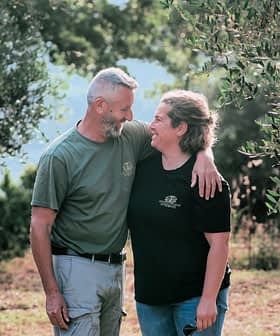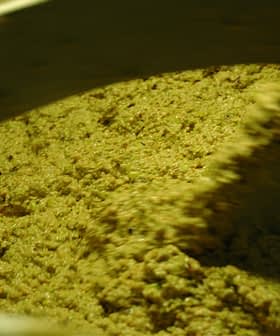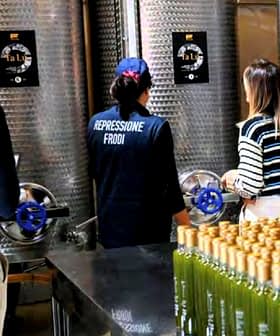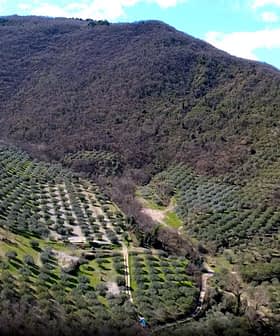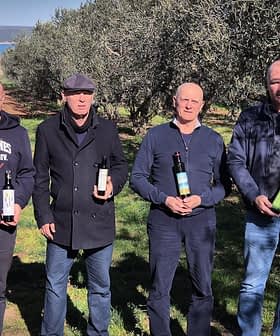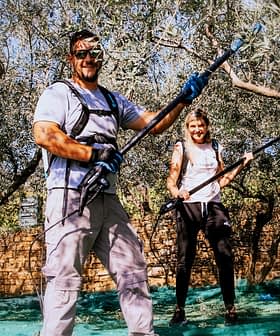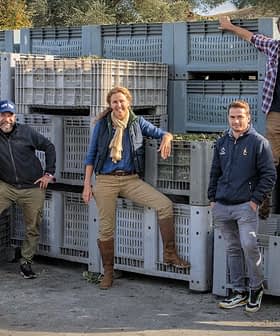Latin American Producers Celebrate Another Successful Year at NYIOOC
Producers from Argentina, Brazil, Chile and Mexico overcame drought and other challenges during the 2019 harvest to win a combined 14 awards at the World Olive Oil Competition.
 The olive groves of Olisur are located in the Colchagua Valley.
The olive groves of Olisur are located in the Colchagua Valley.Despite widespread droughts in Latin America affecting the number of entries to the 2020 NYIOOC World Olive Oil Competition, producers from five countries still sent in 28 entries and received 14 awards, with Chilean producers winning the most. The awards were seen as a huge recognition and motivation for the producers to continue crafting high-quality extra virgin olive oil, with Chilean, Argentine, Mexican, and Brazilian producers all celebrating their triumphs and overcoming challenges such as drought and low production.
Widespread droughts across Latin America dried up the number of entries from the region to the 2020 NYIOOC World Olive Oil Competition, but not the quality of the olive oils.
Producers from five different countries combined to send in 28 entries and received 14 awards, of which eight were Silvers and six were Golds.
On a crowded shelf, with sometimes little or no available information at all, it’s difficult to stand out. An award from a prestigious competition like the NYIOOC is a huge recognition.
The biggest winners at the world’s premier olive oil quality contest were Chilean producers, however, who earned a combined three Gold and three Silver Awards.
“This is huge for us,” Claudio Lovazzano, the marketing manager of Olivos del Sur, told Olive Oil Times. “We are very happy and honored to be among the winners. This is not only a recognition of all our previous efforts, but the commitment that we have to all of our loyal customers, partners, workers, and of course, to our high-quality process.”
See Also:Special Coverage: 2020 NYIOOCOlivos del Sur earned a Gold Award for their O‑Live & Co brand, a medium blend. Lovazzano said that the timing of the harvest is what sets O‑Live & Co apart from so many other olive oils and part of why the oil earned a Gold Award in its first year at the competition.
“Our first cold extraction process is done in just three to four hours, and we do this with a deep respect for the environment and our community,” Lovazzano said.
He added that he expects the award will help boost sales in the United States, far and away the largest foreign market for Olivos del Sur as well as many other Chilean producers.
“On a crowded shelf, with sometimes little or no available information at all, it’s difficult to stand out,” Lovazzano said. “An award from a prestigious competition like the NYIOOC is a huge recognition, and of course, it’s a fresh motivation to keep doing what we like most: crafting high-quality extra virgin olive oil!”
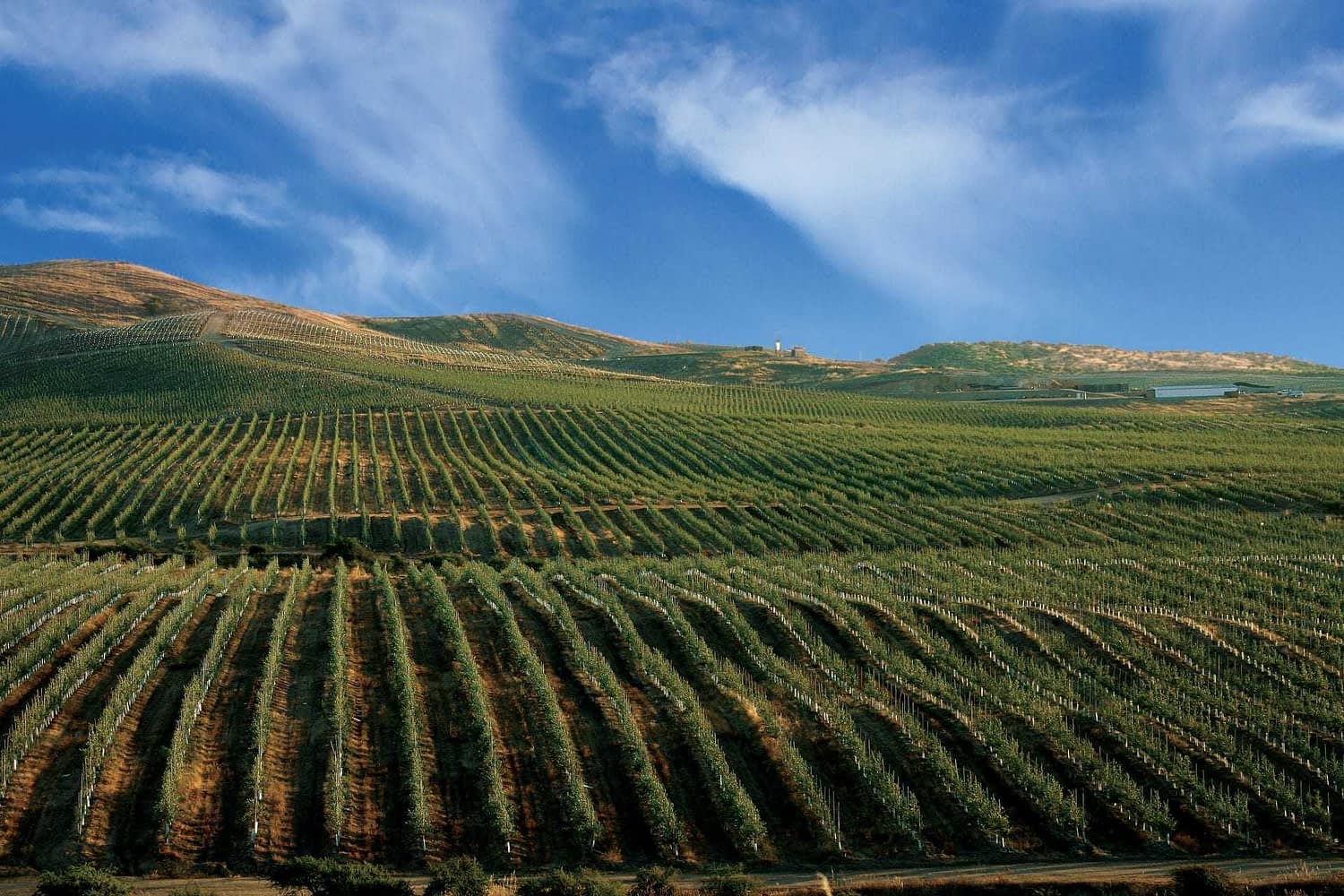
Chile’s other Gold Award-winner was Alonso Olive Oil, which was awarded for a medium Coratina. The O’Higgins-based producer also earned a Silver Award for a medium blend.
José Manuel Reyes said the awards were great news for the producers and confirm that they continue to move in the right direction with their production practices and techniques.
He added that after the prolonged drought that Chile has faced, it was good to see that the quality of the oils had not suffered.
“Last year, we faced a drought that affected Chile greatly,” Manuel Reyes said. “The rains were scarce and we were still struggling from 2018, which was also a very dry and hot year. It was a tremendous challenge since we had to manage and optimize in the best way the water that we had available.”
While producers throughout Latin America cited the lack of rain as one of their biggest challenges, drought was not the only one that faced Chilean producers.
“Our main challenge was the low production of the orchard, which was affected by spring frost events,” Felipe Valle, the export manager of Aura Olive Oil, told Olive Oil Times. “It was a problem for producers, in general.”
However, the producer, which is based in the country’s fertile Central Valley, still came away from the NYIOOC with two Silver Awards, for a medium and delicate blend.
“We are happy, especially since we continue to corroborate the high quality of our oils year after year with the panel of experts in this contest,” Valle said. “One of our main objectives is to be consistent over time with the profiles of our brands and we think that we have achieved it.”
Valle said that Aura Olive Oil will send news of its awards to its clients, something the company does every year. This helps to strengthen existing bonds and also opens up to the door to entering new markets and creating new relationships.
“Without a doubt, this is a source of pride, when selling a quality product, and in turn our clients will be able to communicate it to the final consumer, increasing their loyalty and sales,” he said.
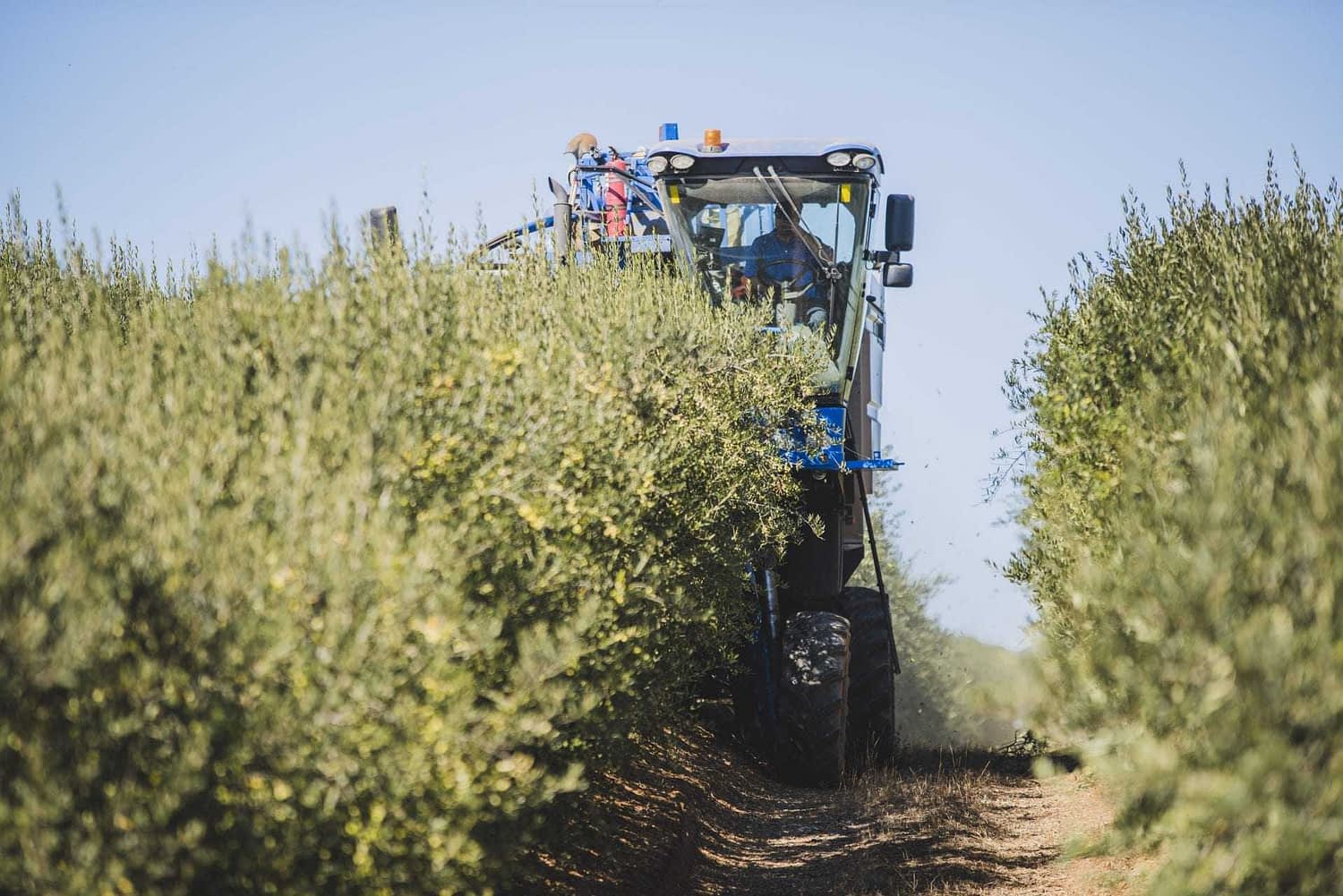
On the other side of the Andes Mountains, a pair of Argentine producers also celebrated their triumphs at the 2020 NYIOOC. Overall, Argentines earned four awards at this year’s competition: two Gold and two Silver.
“It is a great satisfaction to make olive oils using mechanical methods and to be able to obtain a final product of excellent quality, according to a very demanding audience, such as the jury of the NYIOOC,” Patricia Calderón, the director of Establecimiento Olivum, told Olive Oil Times.
The San Juan-based producer earned a Gold Award for a medium blend and a Silver Award for a medium Coratina at this year’s NYIOOC.
Calderón said the biggest challenge facing Argentine producers is the inability to determine the sale price of their final product (due to inflation and volatile olive oil prices), which has led the company to continue seeking ways to produce oil more efficiently.
“Our biggest challenge is to compete in a market where we do not put the price of the final product, which forces us year after year to improve our efficiency, seeking to reduce our costs,” she said.
Some of these same efforts to increase the efficiency of the harvest have also helped maintain the company’s high-quality standards.
“Our extra virgin olive oils are made with green olives, milled two hours after harvest and with the temperature and grinding time-controlled,” Calderón said.
Mendoza-based Olivum Laur was the other winning Argentine producer, earning a Gold and Silver Award as well.
While it was no great surprise to see Chilean and Argentine producers receive multiple awards from the NYIOOC, Olibaja became the first Mexican producer to win at the world’s most prestigious olive oil quality competition since 2018.
“We are very happy and excited,” manager Susana Zamora told Olive Oil Times. “We were hoping to win an award. It was well worth all the work of the Olibaja team.”
“I think the award will have a large impact on our brand,” she added. “It is a great honor to be the only Mexican brand that participated at the NYIOOC. That inspires us to try harder and harder.”
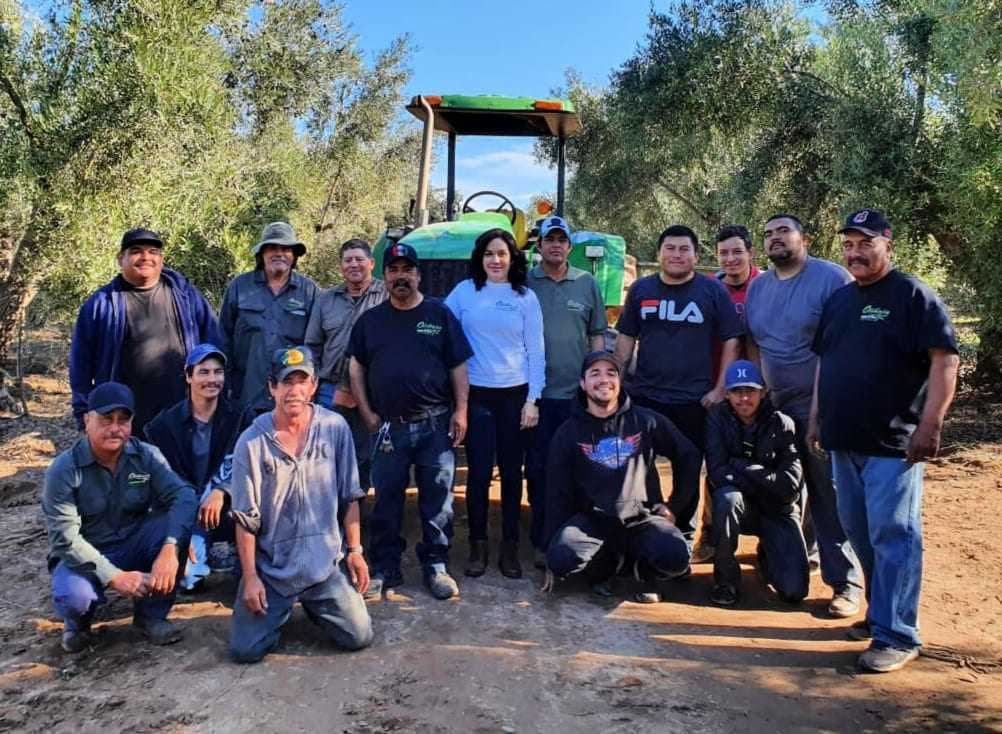
Olibaja, which is located in northern Baja California, won a Silver Award for their medium blend of Mission and Manzanilla olives.
Zamora said this year’s award was especially gratifying after coping with a tough drought on the northwestern Mexican peninsula.
“The biggest challenge we faced last year was the water shortage in the Valle de Guadalupe area of Baja California,” she said. “Each harvest, it is increasingly critical for ensuring our production.”
Nearly 6,000 miles southeast of Valle de Guadalupe, one of Brazil’s award-winning producers also worried about the unusually dry weather during the harvest.
“Rio Grande do Sul had the biggest drought in decades,” Rafael Marchetti, the director of Prosperato, told Olive Oil Times. “For a large period of the harvest it was great for the quality of the extra virgin olive oils because their high content of polyphenols was being preserved by the lack of water, but at the end of the harvest the olive trees were really suffering, and we were a little bit worried about it.”
Fortunately for Marchetti and the rest of the producers in Rio Grande do Sul, rain came shortly after the harvest.
At the 2020 NYIOOC, Brazilian producers earned one Gold and two Silver awards. Marchetti and Prosperato received a Gold Award for their delicate Koroneiki and a Silver Award for their delicate blend, while compatriots Azeite Batalha earned a Silver Award for a delicate Koroneiki.
Marchetti welcomed the awards as a piece of good news in an otherwise difficult start to 2020.

“Receiving awards is always great for improving our brand,” he said. “We see this as a constant confirmation of the good results that we get from every harvest, and these awards are part of what keeps our customers trusting in our work year after year.”
Marchetti said that the world knows that Brazilian olive oil production is very new and through winning awards at international competitions, producers such as himself can show the world that their country is rapidly moving in the right direction.
“We believe that we are only following the best recommendations for making the best extra virgin olive oil possible,” he said. “The olive oil world knows that here in Brazil we are just at the beginning, so we still have a lot to learn, and that is the same thought we have had since we started nine years ago.”
“We are not in this business to do what the others who have come before us have done, but to do something different,” Marchetti added. “That is only possible because we care about delivering the freshest olive oil possible to our customers, and that is basically what makes our extra virgin olive oils different from many others.”


